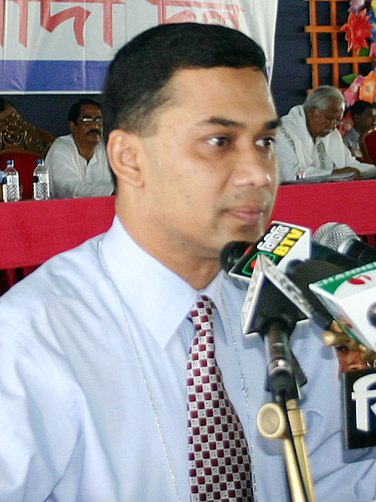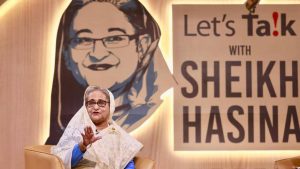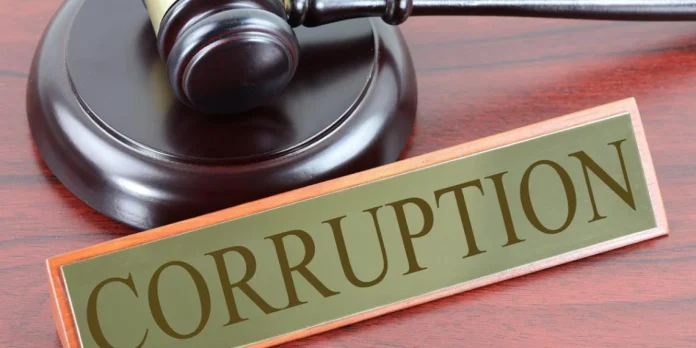Bangladesh has experienced political instability and widespread corruption under both the Awami League (AL) and the Bangladesh Nationalist Party (BNP). Over the years, both parties have been accused of engaging in corruption, nepotism, and misuse of power, severely impacting the country’s democratic institutions and economic growth. This article highlights key corruption scandals linked to these parties and their effects on Bangladesh.

Corruption Under the Awami League
The Awami League, currently in power, has faced multiple corruption allegations, particularly concerning public procurement, infrastructure projects, and financial institutions. Some major corruption cases include:
1. Padma Bridge Scandal
The World Bank withdrew funding for the Padma Bridge project in 2012 due to allegations of high-level corruption involving government officials. Although the government denied the charges, the incident raised concerns about transparency in mega-projects.
2. Casino Scandal (2019)
Law enforcement uncovered illegal casino operations in Dhaka, allegedly run by Awami League-affiliated leaders. The crackdown revealed how political figures had used their influence to amass illegal wealth.
3. Banks and Financial Sector Crisis
Under AL rule, state-owned banks such as Sonali, BASIC, and Janata Bank have suffered due to loan scams and money laundering by politically connected individuals. The financial sector has seen significant irregularities, raising concerns about regulatory oversight.
4. Election Manipulation and Abuse of Power
The 2018 general elections were marred by allegations of rigging, voter suppression, and intimidation. Reports suggested that ruling party activists influenced polling stations, undermining democratic integrity.
Corruption Under the BNP
The Bangladesh Nationalist Party (BNP), which governed the country at different times, has also been accused of corruption and abuse of power. Some notable corruption scandals during BNP’s rule include:
1. Hawa Bhaban Scandal
Hawa Bhaban, the political office of BNP leader Tarique Rahman, was allegedly a hub of corruption. Business contracts and government deals reportedly required approval from this informal power center in exchange for bribes.
2. 2004 Chittagong Arms Haul Case
In 2004, a shipment of 10 truckloads of illegal arms was seized in Chittagong, allegedly intended for insurgent groups in India. Investigations revealed the involvement of BNP ministers and intelligence officials in facilitating the arms smuggling.
3. Zia Orphanage Trust Corruption Case
BNP Chairperson Khaleda Zia and her son Tarique Rahman were convicted in the Zia Orphanage Trust corruption case. They were accused of embezzling foreign donations meant for orphans, leading to Khaleda Zia’s imprisonment.

4. Electricity and Infrastructure Graft
During BNP’s tenure (2001-2006), multiple power projects were mismanaged, and government contracts were awarded to politically connected businessmen without proper bidding, causing severe electricity shortages.
Impact of Political Corruption
Corruption in both parties has led to several consequences:
Economic Loss: Embezzlement and financial scams have drained public funds, reducing investment in essential services.
Weak Institutions: Political interference in law enforcement, judiciary, and the Election Commission has weakened democratic institutions.
Erosion of Public Trust: Widespread corruption scandals have diminished citizens’ faith in political leadership.
Conclusion
Both Awami League and BNP have been implicated in corruption, negatively affecting Bangladesh’s progress. Without strong accountability mechanisms, independent institutions, and a fair electoral process, corruption will continue to be a major obstacle to the country’s development. To combat this, there must be stronger anti-corruption laws, judicial independence, and a free press to hold political leaders accountable.

Would you like a shorter or more detailed version of this article?


